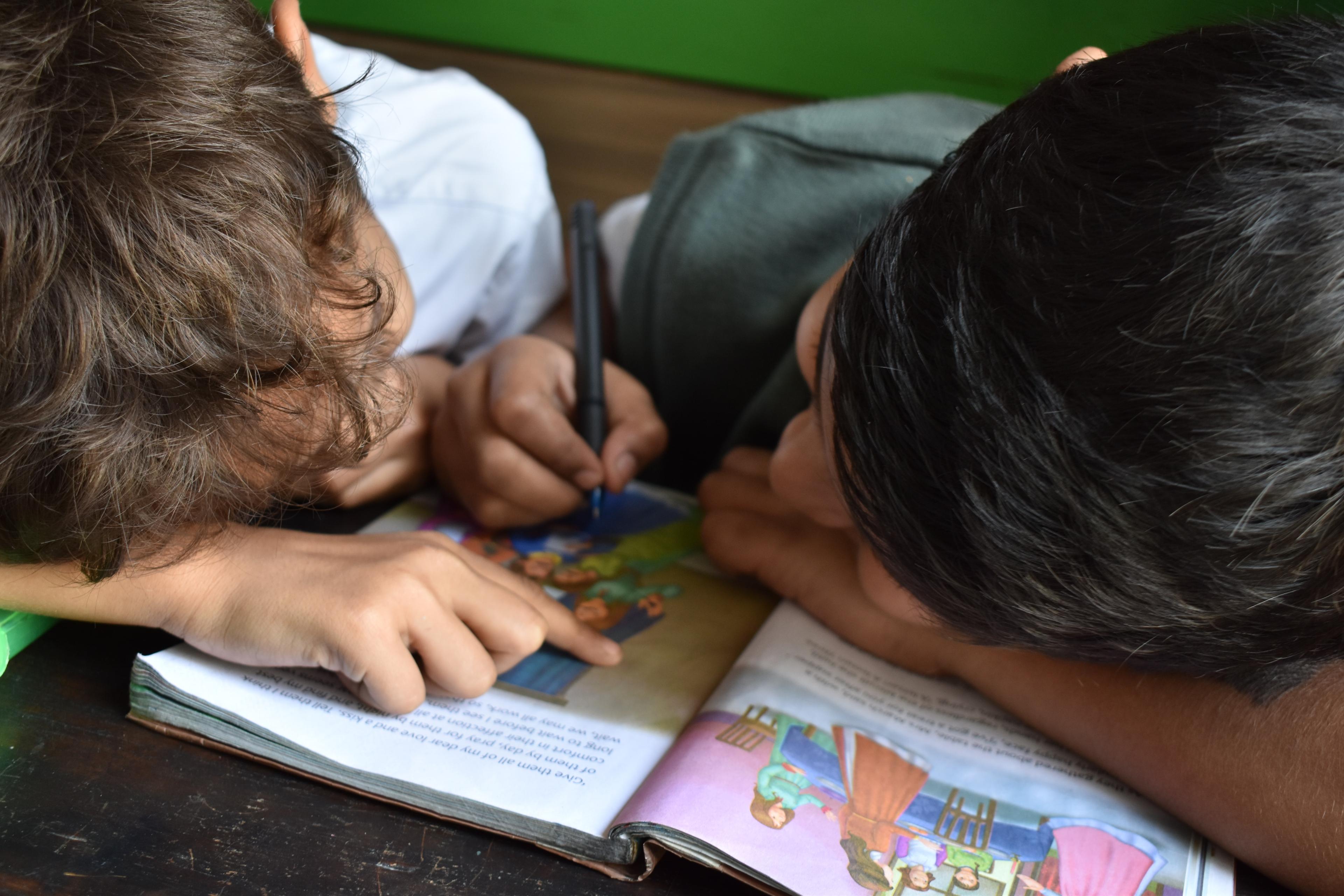Encouraging cooperation in children, whether they are toddlers or pre-schoolers, is crucial for their social development. By teaching them the art of cooperation, children can learn the importance and value of teamwork, develop trust in others, show empathy, and acquire social skills. They can understand the significance of listening to others and showing patience during conflicts. Experts believe that cooperation is mainly learned in a family setting.
One way children can learn about cooperation is by observing their family members. For example, when parents work together to clean the house or do dishes, or when a family member takes turns during a situation where more than one person wants the same thing, it provides a valuable opportunity for children to observe and learn about cooperation.
Children learn by imitating the actions and words of their parents, and when they see the joy that comes from cooperating with others, it inspires them to recreate meaningful experiences for themselves.
While teaching children to be cooperative can be challenging for parents, it is essential to nurture these positive traits in them from an early age.

Some ways to encourage children to develop collaborative skills include:
- Solving problems together: By working with children to find solutions to problems, you can teach them the importance of cooperation and how it helps us tackle real-world challenges. For example, if your child wants to go to the park but it's too hot, instead of saying no, involve them in the problem-solving process by asking for their input on alternative activities that can be done indoors.
- Discussing family rules: Understanding the importance of having and following expectations at home is crucial for learning cooperation. Explain house rules to your children and let them know the consequences of not following them.
- Recognizing and praising their efforts: Always acknowledge and appreciate your children's efforts to learn and follow collaborative skills. When they help with chores, make sure to highlight the impact of their contributions and show them how it helped you.
It's important for parents to actively seek opportunities to teach and model cooperation for their children. You can teach them the value of collaboration through storytelling and make sure to practice cooperation in your daily life so your child can learn through observation.

